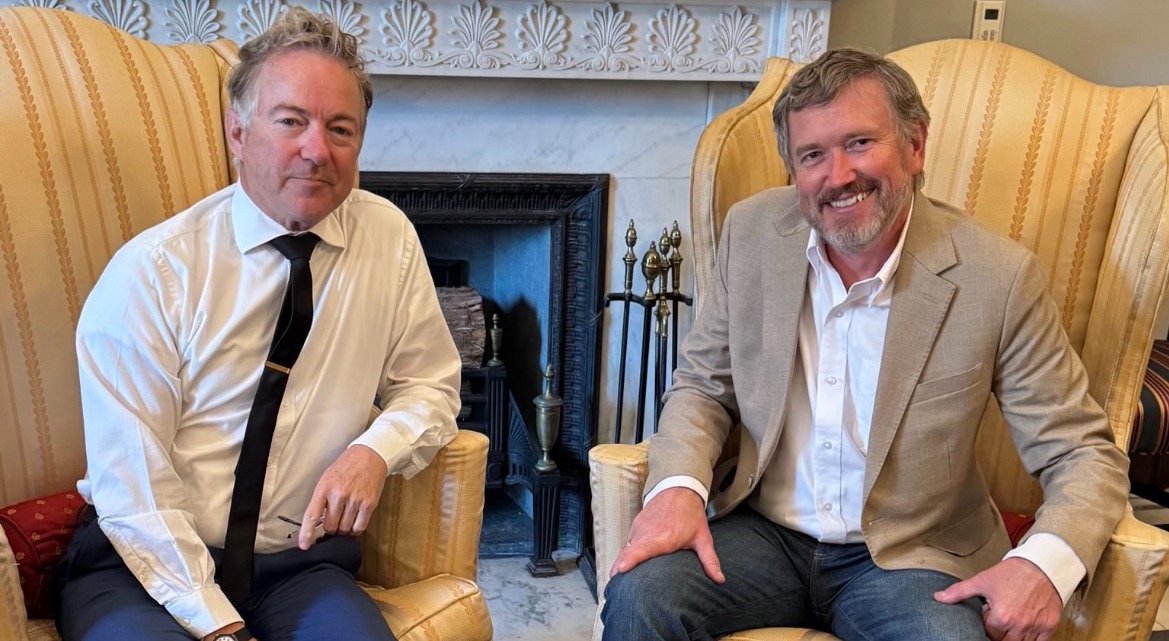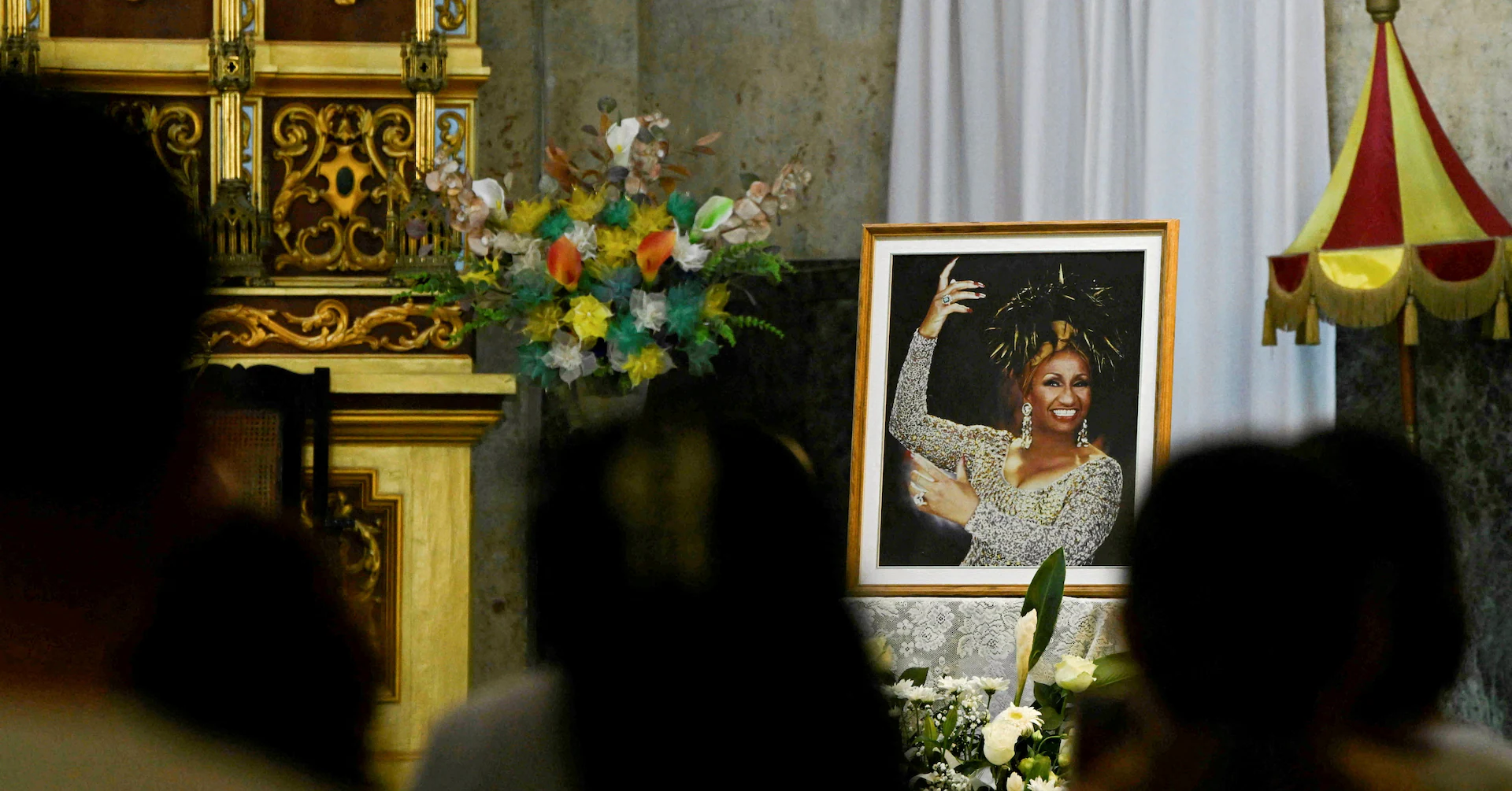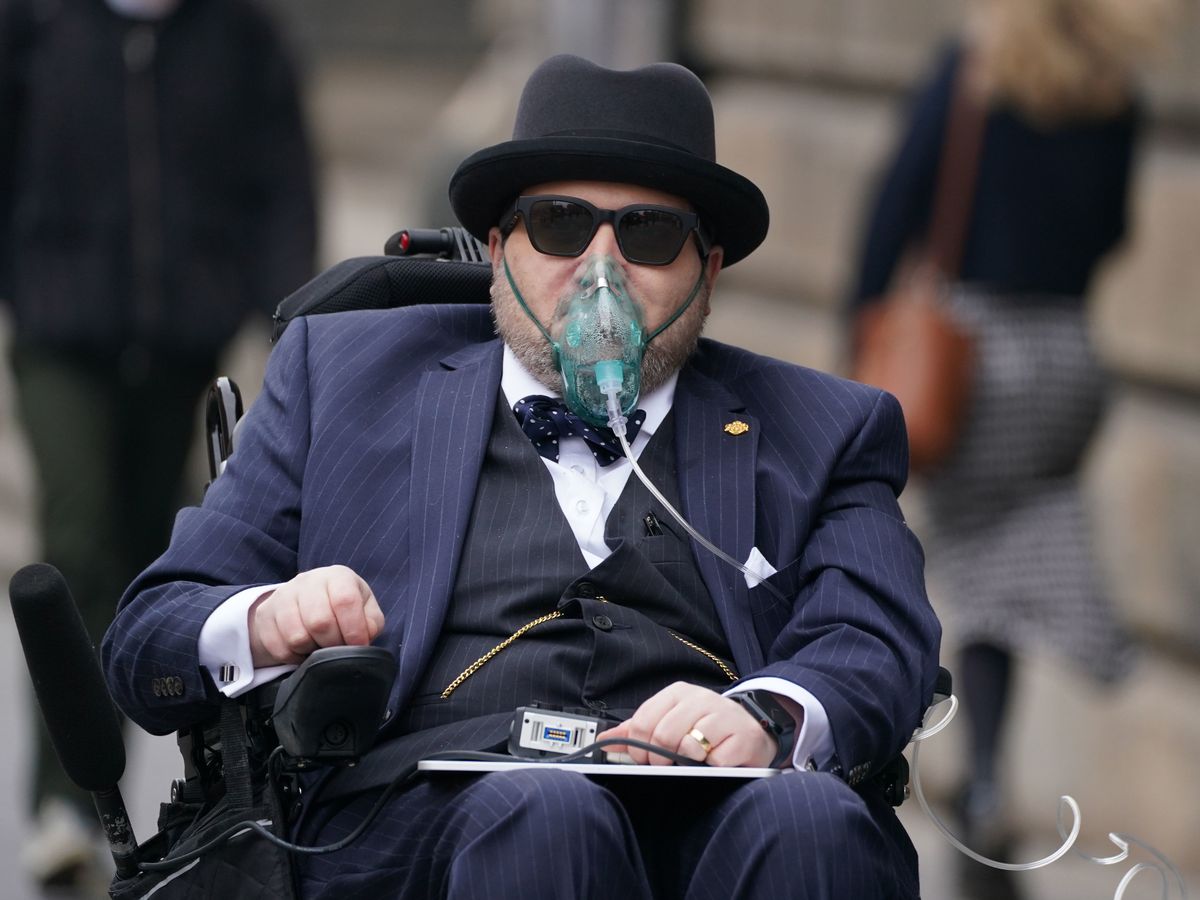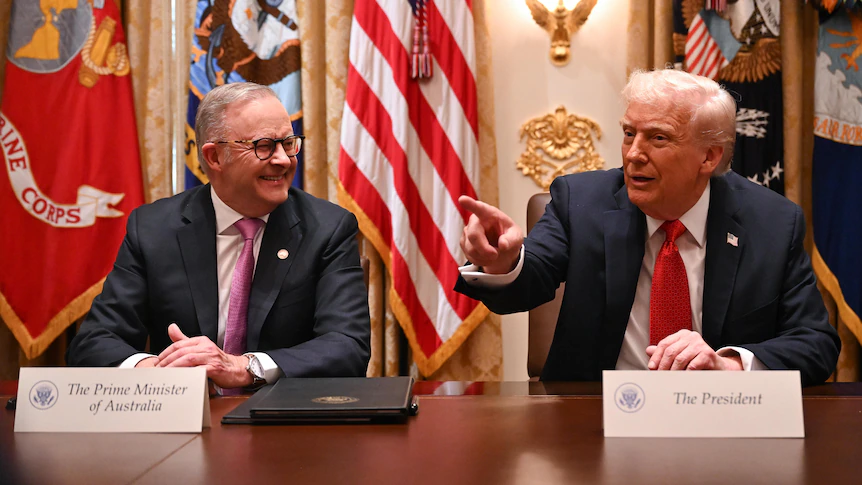Copyright brisbanetimes
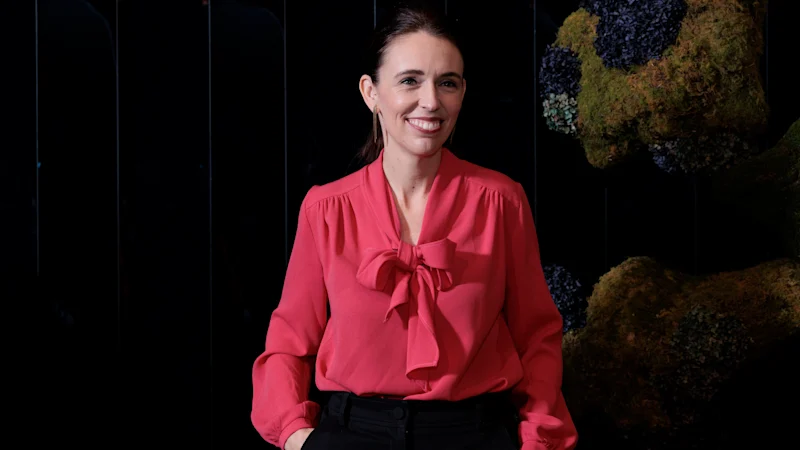
What stood out in the months afterwards, however, was her determination to change the way extreme violence could spread so easily online. The result was the Christchurch Call, an agreement among national leaders to force Facebook and other social media platforms to stop streaming terrorist and violent extremist content online. Ardern began by calling then-German chancellor Angela Merkel, who suggested she speak to French President Emmanuel Macron. Then she took her idea to global summits, gaining support from -leaders from most liberal democracies. ‘Most people were motivated by making change for the better. Somewhere along the way, people have lost the sense that people in politics are motivated by that.’Jacinda Ardern There is more to be done, she says, but she claims the streaming agreements under the Christchurch Call helped stop some of the online violence. Ardern says it also proved to her that the political leaders she met – whether they were from the left or the right – wanted to help. “Most people were motivated by making change for the better,” she says. “Somewhere along the way, people have lost the sense that people in politics are motivated by that.” Perhaps kindness in politics really does get results. Ardern points to signs of hope on that score – like the fact that Anthony Albanese mentioned kindness in his address on election night when he was confirmed as prime minister in May, or that Mark Carney used the word when he won the Canadian election and became prime minister in April. While Trump dominates global politics, progressive leaders have shown this year that they can win as well. The pandemic upended her time in power. Ardern ruled in her first term as the leader of a minority government, but she led Labour to a landslide in October 2020 when the nation endorsed her to lead the way out of the pandemic. But the coronavirus was not finished with New Zealand or the world. The toughest decisions came in the next year, when Ardern kept the borders closed and raced to find vaccines. As in Australia, a vocal group of opponents reacted with fury to vaccine mandates. Hundreds of protesters camped outside the Beehive, the distinctive parliamentary building in Wellington. In March 2022, protesters lit fires and threw projectiles at police. Ardern called a press conference to condemn what she called an illegal occupation. The new documentary reveals the pressure she was feeling to calm the nation’s nerves. Those pressures seem long gone as we talk in a plush suite in a Soho hotel. Ardern sits comfortably on a lounge, wearing a vibrant blue corduroy pants suit and looking perfectly at home in this fashionable part of London. It seems fitting, however, that the room is decorated with wallpaper showing endless grey clouds, accidentally invoking the storms of the past. If there were a film award for oversharing, Prime Minister might win it. The documentary, produced by New Zealand company Dark Doris Entertainment, shows highly personal footage of Ardern in her bedroom, talking to the camera while she sits up against a pillow to finish a day’s work. No other politician has put themselves in front of the camera in this way. Gayford not only films Ardern on his mobile phone at key moments of her leadership, but he appears -alongside her in scenes throughout the documentary (due for Australian cinema release on November 6). It’s 100 per cent human. The couple are wise to the oddity of the production. At one point, Gayford carries a laundry basket into a room and Ardern mocks him for setting up a fake display of the man doing the housework. It is corny, funny and endearing. “It felt like an extension of what I hoped to do while I was in office, rather than something new entirely,” she says. “While I was in office, I felt like part of my job was that people needed to get to know who you were as a leader. So I felt like I was pretty open in my time in office. I felt like I tried to always be myself.” Why continue doing it now? Ardern has given up power. That usually means giving up any obligation to share private moments with the public. “For me, the motivation changed,” she says. “The motivation here was simply, how do we rehumanise leadership? It sounds very simplistic, but I do think that it’s very easy to lose our sense of humanity in a technologically driven age.” Even when the camera got too close, Ardern did not tell the filmmakers what to do. “You’ve got to trust in the storytellers,” she says. This is unthinkable for most politicians because so many of them want to create and maintain their personal narrative. So the documentary is an edgy experiment. It tries to break out of the cycle of dehumanising battle to reveal the reality behind political life, with all its personal peaks and troughs. It serves a political purpose – and Ardern knows it. “I’ve always tried to change politics,” she says. Ardern may have left parliament and high office, but politics is her mission. And she is not done yet. To read more from Good Weekend magazine, visit our page at The Sydney Morning Herald, The Age and Brisbane Times.
